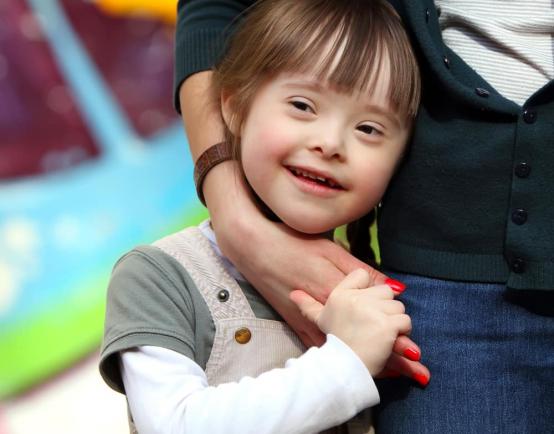
I'm sorry.
Sometimes those can be the hardest two words to say to someone.
Those two words are loaded with so many meanings: sorrow, embarrassment, humility, strength.
These two powerful words are also the key to becoming a better parent
Not only will being able to say these two words to your child be important to their development and wellbeing, but it teaches them so many important principles that will be super useful for the rest of their lives.
Here are a few reasons saying "I'm sorry" to your children can teach them some extremely valuable lessons as well as make you a better parent in the process:
You teach your children by example
You know that saying do what I say not what I do? Or you can talk the talk but can you walk the walk?
Both statements are actually pretty profound, but one above the other should apply to parenting and being able to say "I'm sorry." Children will most likely learn by your example; the actual way you live your life and not just how you tell your children to live theirs.
So if you want to teach your children to say "I'm sorry," even when they are in the wrong or when they are feeling prideful or stubborn, then you need to do so yourself. This will be a powerful lesson to them, and it will be one that will actually stick.
You nurture your children
When it comes to children, being able to apologize to them and in front of them can be a nurturing experience. This is because they will feel how much you love and care for them, and that no matter what conflicts may happen, you can each say "I'm sorry" and move on.
You teach your children respect
When you apologize to your children you show them a form of respect. When you say those two words you are in fact telling your children although I am the mom and older and wiser, because I respect and love you, I will apologize to you.
Respect is an important attribute to teach to your children and even more important when you can show how to be respectful in your everyday actions. Saying "I'm sorry" is a great way to teach your children respect to those they love and those they might disagree with.
You and your child feel better
Being able to apologize after any kind of conflict can be difficult, but it can also be a relief. After an apology most parties can now reconcile and move on.
Children are still developing and growing and because of this can be pretty sensitive. When you apologize and teach them to also apologize, feelings of sadness or anger that they might have had can be relieved and talked about. Your child can build an association between apologizing and the feelings of relief that accompany it together and therefore know this is the best way to move on from conflict.
We all want to be better parents and help our children in any way possible. Saying "I'm sorry" to them will not only make you a better parent, but a happier and healthier one as well.

